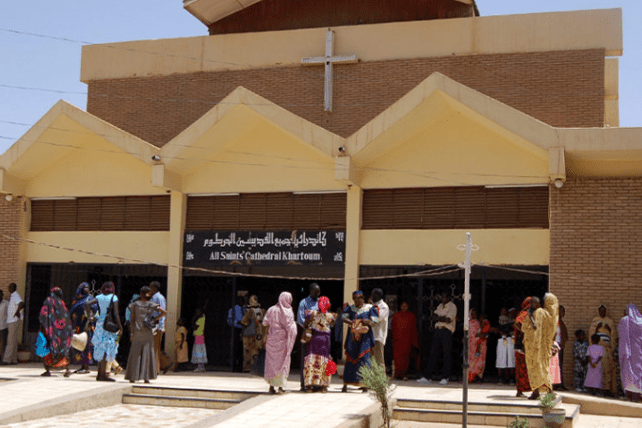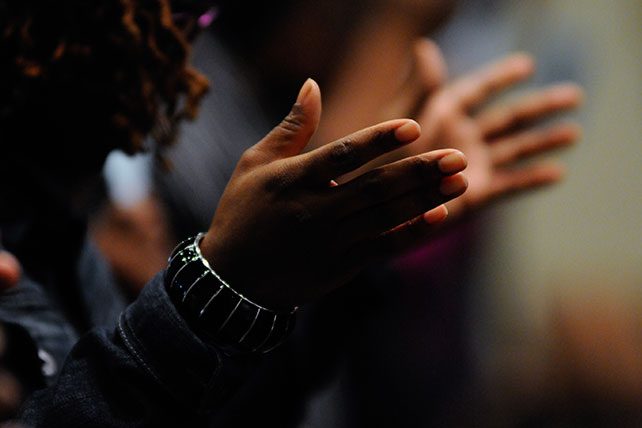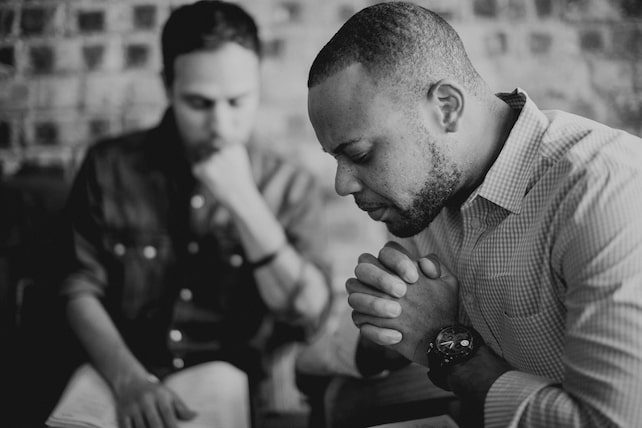I love leading God’s people in worship. I have been blessed to have led Sunday worship teams at home and around the world for over 30 years. Here are a few things that I have learned along the way that help lead toward next level worship.
8 Steps Toward Next Level Worship
1. For Next Level Worship, Pick Great Songs
Picking great songs for your congregation and worship band is one of the most important tasks of a worship leader. Great songs have a sense of God’s Spirit on them. Great worship songs make you want to sing them again and again. Great songs cause your spirit to rise in worship to the Lord. (Check out my blog on “12 Keys to Picking Great Songs for Worship.”)
2. For Next Level Worship, Put Great Songs in a Great Order
I have found that congregations often rush to church, just trying to get there on time and are often unfocused on God. One of my jobs is to pick great songs that help get them focused on God as quickly as possible. That usually works best by finding an uptempo worship tune that is easy to sing and gets them engaged as soon as possible.
I usually have 20-25 minutes to do worship on a Sunday morning service, so for my team, that means four or five songs. My general rule of thumb is to do two uptempo songs—often more praise orientated—and often the second song is slightly faster than the first one. Then I do a strong median tempo transition song and then end with a powerful worship song that is sung directly to God.
This general guideline helps the congregation go from focusing and singing about God to worshipping God directly. It is not meant to be a formula but an overriding time-proven way to help achieve the goal of getting the congregation to focus their hearts and worship on God.
3. For Next Level Worship, Have Great Rehearsals
I normally have two-and-a-half hours of band rehearsal for every 30 minutes of worship time. The goal is to get so proficient at doing the music that you do not have to think about the music during the live worship time. You need to get past just performing music to focusing on and worshipping God!
My normal practice is to have a strong, two-hour midweek rehearsal (Thursday night is my favorite) and then a 45-minute rehearsal on Sunday morning. These rehearsal times give everyone time to learn the music properly and work out any problem areas. (Check out my blog: 10 Tips on Improving Your Worship Band Rehearsal)
4. For Next Level Worship, Work on Great Sound & Media
A good sound tech can make or break you! There is no use having great songs and rehearsals if the sound mix is not working for the congregation. I have learned that putting the drums in a full cage generally helps gets the best overall mix. Also, putting baffles around guitar amps (or better, putting the amps offstage in sound-proof rooms) and putting the band on in-ear-monitors really helps the person running the sound. I also try to take a Sunday off the stage to listen to the front-of-house mix.
In the same way, having a media person who is on top of the projected lyrics is huge. Beside having the lyric screen up front for the congregation, I also have a large screen at the back of the auditorium and smaller screens up front for the singers to see the lyrics.
If you can have the sound person giving you a great mix and the media operator giving the lyrics at the right time. You have a strong sound and visual foundation on which to work off!
5. For Next Level Worship, Put God First
Worshipping God is a daily lifestyle. If you are just worshiping God on Sunday morning, you are living a subpar Christian lifestyle. Sunday mornings should just be the tip of the iceberg! If you honor God daily by reading His word, praying, worshiping and spending time with Him, He will honor you by showing up Sunday morning in your corporate worship times! (See: The Secret…)
I am fairly capable of putting together a good band and list of songs. But only God can touch people’s hearts and heal their bodies and minds! Put God first in your daily life and He will show up in powerful ways in your Sunday morning corporate worship! (Check out: Three Ways To Put God First In Your Life.)
Also, put God first in your actual worship time. Sometimes we can get so caught up in the music, transitions, and the mechanics of leading and playing that we don’t focus on the main thing: God! God is why we come together, God is why we sing great songs and worship. God is the reason. Don’t allow the distractions of live music get in the way of worshiping God with all your heart and leading your congregation to do the same! (Check out: Leading Worship: Where Is Your Brain On Sunday Morning?)
6. For Next Level Worship, Memorize Your Music
There are few things worse than seeing a worship leader and team whose eyes are glued to the music. When you memorize the music, you can communicate better with the congregation and with God! To get past the music, you need to memorize it and know it so well that you do not have to think about it! Great teams and leaders memorize the music so that they can worship freely! (Check out my blog: 9 Keys To Memorizing Music For Worship.)
7. For Next Level Worship, Worship God With All Your Heart
The first and greatest commandment is to love the Lord your God with all your heart, mind, soul and strength. This includes worshiping God with your actions. The actions of biblical worship include singing, clapping, raising our hands, dancing, bowing and shouting. We serve an awesome God who created every good thing that we enjoy. He is worthy of passionate worship.
Never let yourself just go through the motions of just singing a song. Be a passionate worshiper who loves and worships God with all you have. Learn to incorporate all the actions of worship into your personal and corporate worship!
8. For Next Level Worship, Be a Great Example
I have found that congregations tend to mirror the passion of the worship team. If the people up front are full of passion and energy for worshipping God, the congregation tends to lift their worship to a higher level.
We have the opportunity to be passionate examples of worshippers to our congregation. If they see you and the team worshipping God with your whole heart soul, mind and strength on a weekly basis, they will grow in their passion for worship.
If you lead, they will follow. It sometimes does not happen immediately, but that is what worship leadership is about. A big part of leadership is helping people grow in their passion and worship of God. Learn to be a passionate worshipper of God, on and off the stage. Be authentic and do not lose your passion for loving and worshiping God with all your heart! (For more on this, check out my blogs: “Actions Speak So Loud” & “Attitude Is Everything.“)
Question: What things have you done that have helped your congregation grow in your corporate worship times?
This article on next level worship originally appeared here.





















 As
As 






